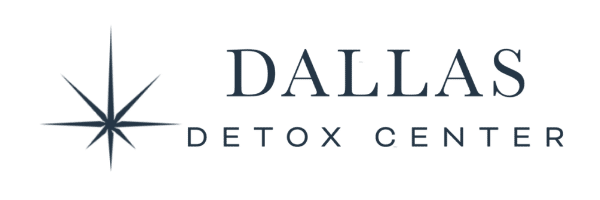What many people may not realize when struggling with addiction is that it is more common than not to have a co-occurring disorder, also known as a dual diagnosis, when in treatment. Mental disorders and addiction tend to exist together, and to fully recover from both, one must tackle both the addiction and the disorder separately. Borderline Personality Disorder (BPD) is a mental health condition that affects a person’s pattern of moods, behaviors, and the way they view themselves. Borderline Personality Disorder and addiction, unfortunately, often go hand-in-hand due to the negative self-image, skewed decision-making, and impulsive actions brought on by BPD.
Contact our Dallas drug treatment center today to learn more about how we can help with dual diagnosis therapy in Texas.
Signs and Symptoms of Borderline Personality Disorder
Borderline Personality Disorder causes people to have negative inner thoughts that may bring about a warped sense of reality, leading to poor decision-making and destructive behavior; this is why BPD and addiction can be commonly strung together. A person with BPD typically feels uncertain about themselves and their place in the world, and therefore their interests and feelings toward people may change instantly and frequently.
Some known signs and symptoms of Borderline Personality Disorder include viewing everything in extremes, exhibiting self-harm, intense mood swings, participating in dangerous activities based on impulsive decisions, self-harm, thoughts or threats of suicide, uncontrollable anger and rage, intense feelings of dissociation, and more.
There is no known cause for BPD, however there are factors that can increase a person’s chance of struggling with the disorder. Some known risk factors include family history of BPD, brain chemistry (studies have shown that people diagnosed with BPD experience structural and functional changes to the brain), and living in a disrupted environment as a child.
Understanding Borderline Personality Disorder and Addiction
BPD and drug abuse is, unfortunately, a common combination. Due to feelings of emptiness and disconnection, it is common that a person with BPD turns to substances to cope with their feelings.The use of substances tends to continue as people with BPD get temporary relief from their feelings, which oftentimes leads to addiction.
When borderline personality disorder and addiction are co-occurring, both become magnified. Some worsening symptoms when dealing with both BPD and addiction may include an increase in destructive and impulsive behaviors, heightened depression and mood swings, instability, and lack of concern for safety and health.
Dual Diagnosis Treatment Explained
Having a dual diagnosis means you are struggling with symptoms of mental health and substance use disorder simultaneously. Often, after diagnosing co-occurring disorders, it can be challenging for professionals to know how to address both disorders because symptoms for the separate illnesses can be highly intertwined. It is necessary to treat both a person’s Borderline Personality Disorder and addiction at the same time because treating one without the other will put a temporary Band-Aid on something that requires further attention.
For many years, members of the medical and mental health communities believed that addiction and mental health disorders should be addressed separately as a part of separate treatment programs. Although it is not necessarily the case that one causes or leads to the other, a lot of the time there are overlapping symptoms that may carry over from a mental health issue into an addiction problem, therefore solving one of the two will likely not provide a positive outcome. Without comprehensive dual diagnosis treatment, the cycle can be challenging and near impossible to break. Therefore, it is highly important to treat both disorders simultaneously.
Get Help For Co-Occurring Disorders Today
Providers at a treatment center that specializes in dual diagnosis treatment understands the challenges associated with treating co-occurring disorders and offers the tools necessary to recover from both at the same time. It is necessary to address both Borderline Personality Disorder and addiction at the same time at our treatment center in Dallas, which offers the treatment needed to ensure the highest opportunity for a successful recovery. Our luxury drug and alcohol rehab in Dallas is a brand-new, state-of-the-art drug and alcohol treatment center located on a campus in Dallas, Texas. Our facility specializes in dual diagnosis treatment and residential use of evidence-based therapies combined with alternative therapy models to provide our clients with the most comprehensive treatment possible. If you or a loved one is struggling with BPD and addiction, visit us today at Dallas Detox Center, a top choice for treatment.







